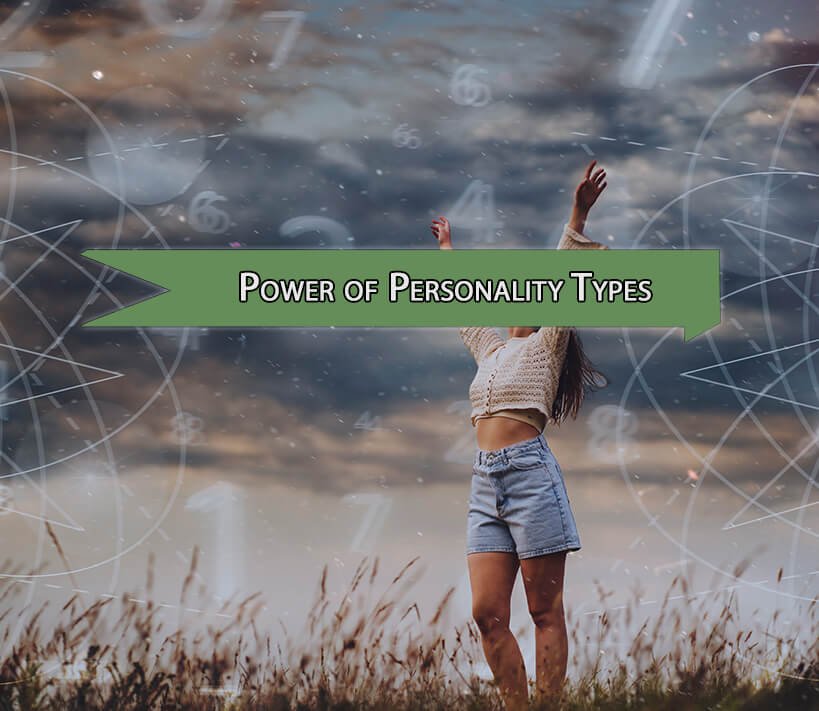Have you ever felt that your attitude or actions led others to misunderstand you? You may have been called too quiet, too loud, or a mix of both at different times. The truth is, we are all wired differently. and that a good thing. These differences are deeply rooted in what psychologists and modern psychoaura studies call personality. In this blog, we will explore the power of personality types, including their definitions and the main categories are introverts, extroverts, and ambiverts, and how embracing these differences can transform the way we live and connect with others.
Personality is shaped by how we think, feel, act, and interact with the world. It is more than just being shy or outgoing, it is a rich blend of emotional, mental, and behavioral traits that form our identity. Understanding power of personality types helps us know ourselves better and strengthens our relationships with others. Personality is a unique combination of a person characteristics, behaviors, and emotions that make them different. It includes their values, interests, self-concept, and abilities.
- Values are a person sense of what is right and wrong.
- Interests are the things that excite or motivate you.
- Self-concept is how you see yourself.
- Abilities refer to a person skills and talents.
- Emotional patterns reflect how you feel and react in certain situations.
Reasons Why Personality Matters
Understanding personality is like having a user manual, not just for yourself but for others as well. Personality is considered vital because it is seen as helpful in improving relationships, making better career choices, enhancing communication, and supporting personal growth and emotional well-being.
When the power of personality types is recognized, greater adaptability and empathy are developed. Others are no longer judged for being different; they are appreciated for the colors they add to our social canvas.
Types of Personality
There are three types of personality and one of the most talked-about ways to categorize personality is by social behavior and energy orientation. This leads us to three major types
1. Introverts
2. Extroverts
3. Ambiverts
Introvert
An introvert is someone with a personality that focuses more on internal thoughts and emotions than external situations. They are usually quiet and excellent observers.
Common traits of Introverts
The following are the common traits of Introverts
1. They tend to be quiet and reserved, often keeping to themselves.
2. They prefer being in small groups and are not very outgoing.
3. They enjoy deep conversations, especially in smaller settings.
4. They need alone time to recharge.
5. They are introspective and thoughtful.
6. They are often shy and keen observers.
For example
Sarah, a graphic designer, loves working from her cozy home office. Loud meetings exhaust her, but one-on-one discussions spark her creativity. After a long day, she recharges with a book and a cup of tea, not a party.
Extroverts
Extroverts gain energy from social interactions and external activities. They thrive in dynamic environments and enjoy being around people. People often describe them as talkative and highly sociable.
Common traits of Extroverts
1. Extroverts are known to be more talkative and expressive.
2. They are often perceived as optimistic and energetic.
3. They are described as highly sociable, outgoing, and friendly.
4. They usually enjoy group activities and teamwork
5. They are seen to thrive on external stimulation.
For example
Someone who is a marketing executive and loves attending networking events. He is always starting conversations, cracking jokes, and energizing the room. The more people around, the more alive he feels.
Ambiverts
An ambivert is someone who shows traits of both introverts and extroverts, depending on the situation. This personality type offers flexibility.
Common traits of Ambiverts
1. They are adaptable to different social settings.
2. They are comfortable being alone or in a crowd.
3. They know when to speak and when to listen.
4. They balanced emotional response.
5. They are often great communicators and leaders.
For example
A teacher who enjoys leading classroom discussions and engaging with students all day needs quiet time to recharge. They are comfortable in social and solitary settings, depending on their energy and the situation.
Tips to Embrace and Leverage Your Personality
1. Reflect on your patterns, preferences, and reactions.
2. Stop Comparing Yourself because there is no better personality; everyone is unique.
3. Choose hobbies, careers, and social settings that align with your energy.
4. Try to learn from others and spend time with people of different personality types because it will stretch your perspective.
5. Be open to adapting to new things because life will demand different sides of your personality at various times.
Conclusion
Personality is the foundation of how individuals think, feel, and behave, understanding whether someone is an introvert, an extrovert, or ambiverts, a deeper connection with the self and others can be developed. It has been revealed that no personality type is better than another and each brings it is own strengths. When these differences are accepted and embraced better communication stronger relationships and personal growth can be achieved.




